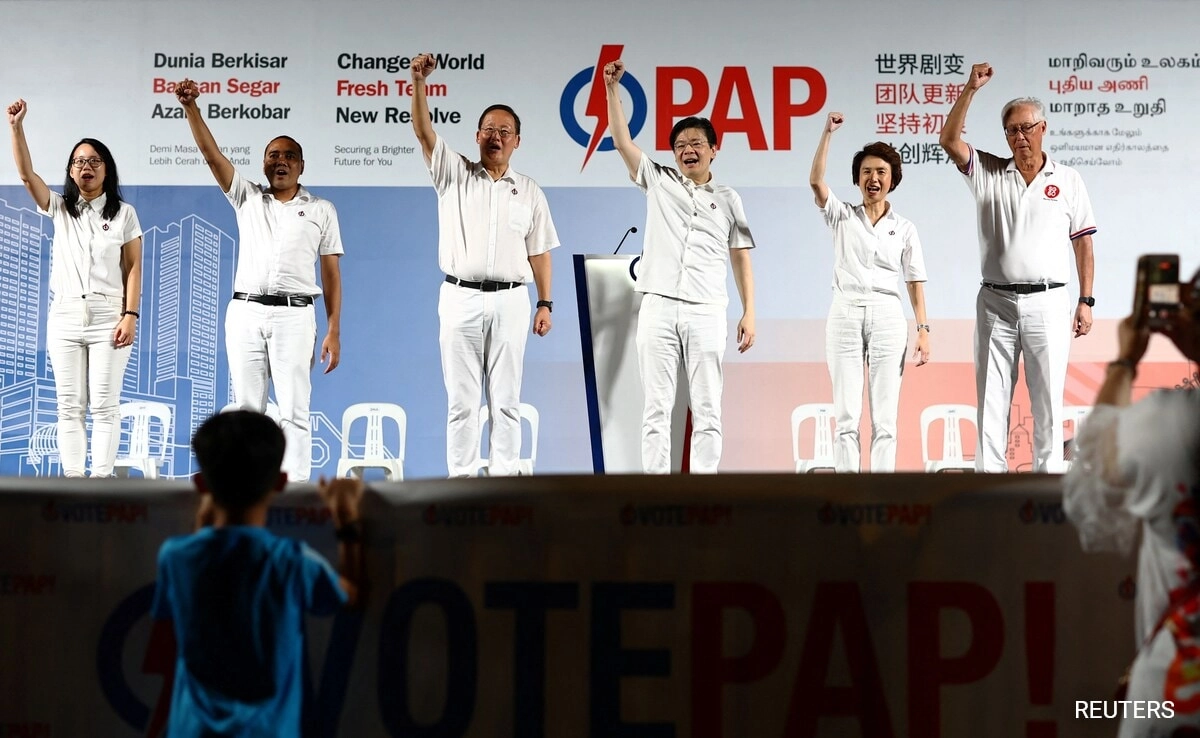As Singapore approaches its upcoming election, the political landscape is buzzing with the activities of key parties vying for voter attention. The ruling People’s Action Party (PAP), which has been in power since Singapore’s independence in 1965, aims to reinforce its position by focusing on economic stability, social cohesion, and the need for continued progress. The PAP has positioned itself as a party of the people, emphasizing policies that promote job creation, support for small and medium enterprises, and enhancements to the healthcare system. In light of the challenges posed by an aging population and the global economic landscape, the PAP’s platform underscores the importance of innovation and technology in maintaining Singapore’s competitive edge.
On the other hand, the opposition parties, notably the Workers’ Party (WP) and the Progress Singapore Party (PSP), are gaining traction as they present alternative visions for Singapore’s future. The WP aims to address issues of income inequality and housing affordability, advocating for more inclusive policies that support lower and middle-income families. Their platform also emphasizes transparency and accountability in governance, seeking to engage citizens more actively in the political process. The PSP, led by former PAP member Tan Cheng Bock, focuses on reforming the political system to foster greater representation and responsiveness to citizens’ needs. Their proposals include enhancing social safety nets and promoting a more progressive tax system to tackle wealth disparity.
As the election campaign intensifies, environmental sustainability and climate change have emerged as critical issues for all parties. The PAP has introduced initiatives aimed at building a greener Singapore, including the Singapore Green Plan 2030, which outlines ambitious targets for reducing carbon emissions and promoting sustainable urban development. In contrast, opposition parties are calling for more aggressive action on climate change, demanding that the government adopt comprehensive policies that prioritize environmental protection alongside economic growth. This divergence in approach highlights the evolving priorities of Singaporean voters, particularly younger generations who are increasingly concerned about the long-term viability of the nation’s environment.
Ultimately, the upcoming election presents a pivotal moment for Singaporeans to reflect on their values and aspirations for the future. As each party articulates its vision through policy platforms, voters are faced with the opportunity to choose a path that aligns with their hopes for economic prosperity, social equity, and environmental sustainability. The engagement of citizens in this electoral process will not only shape the future of governance in Singapore but also define the nation’s identity in an increasingly complex global landscape. As the election date approaches, the discourse surrounding these key parties and their policies will undoubtedly continue to evolve, making it essential for voters to stay informed and actively participate in shaping their collective future.




